Farah Carrasco publishes new paper in Biotropica
Do primates avoid areas disturbed by infrastructure development? Find out what PhD candidate Farah Carrasco Rueda found out in a study with colleagues at Smithsonian Institution - Tremie Gregory, Jessica Deichmann, Joseph Kolowski and Alfonso Alonso. Published in Biotropica, Farah and colleagues examined how primates used a forest area before, during and after construction of [...]
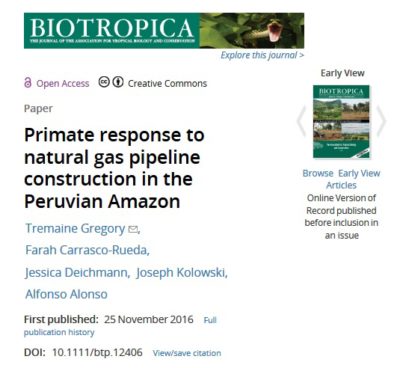
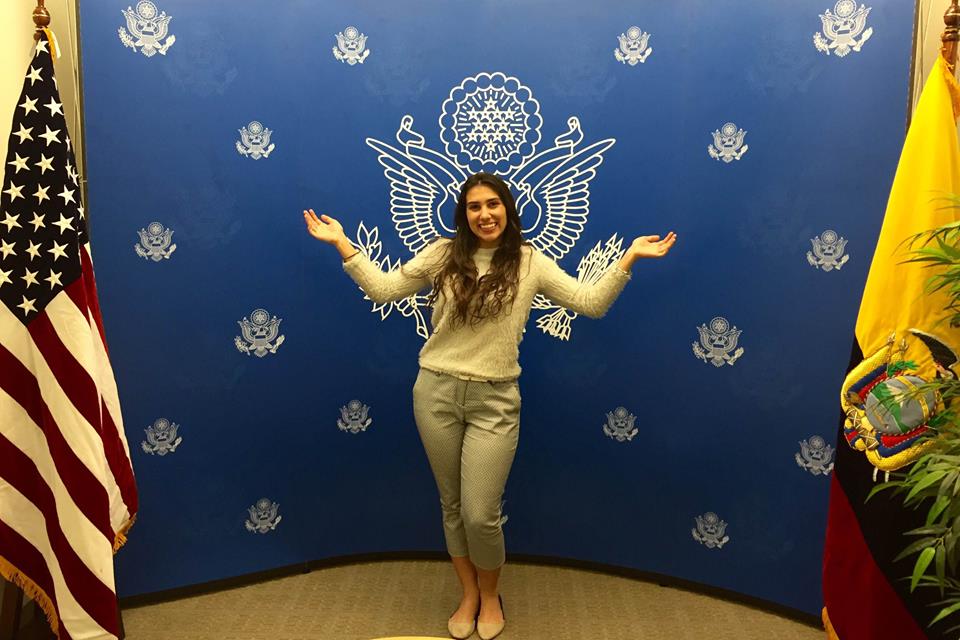

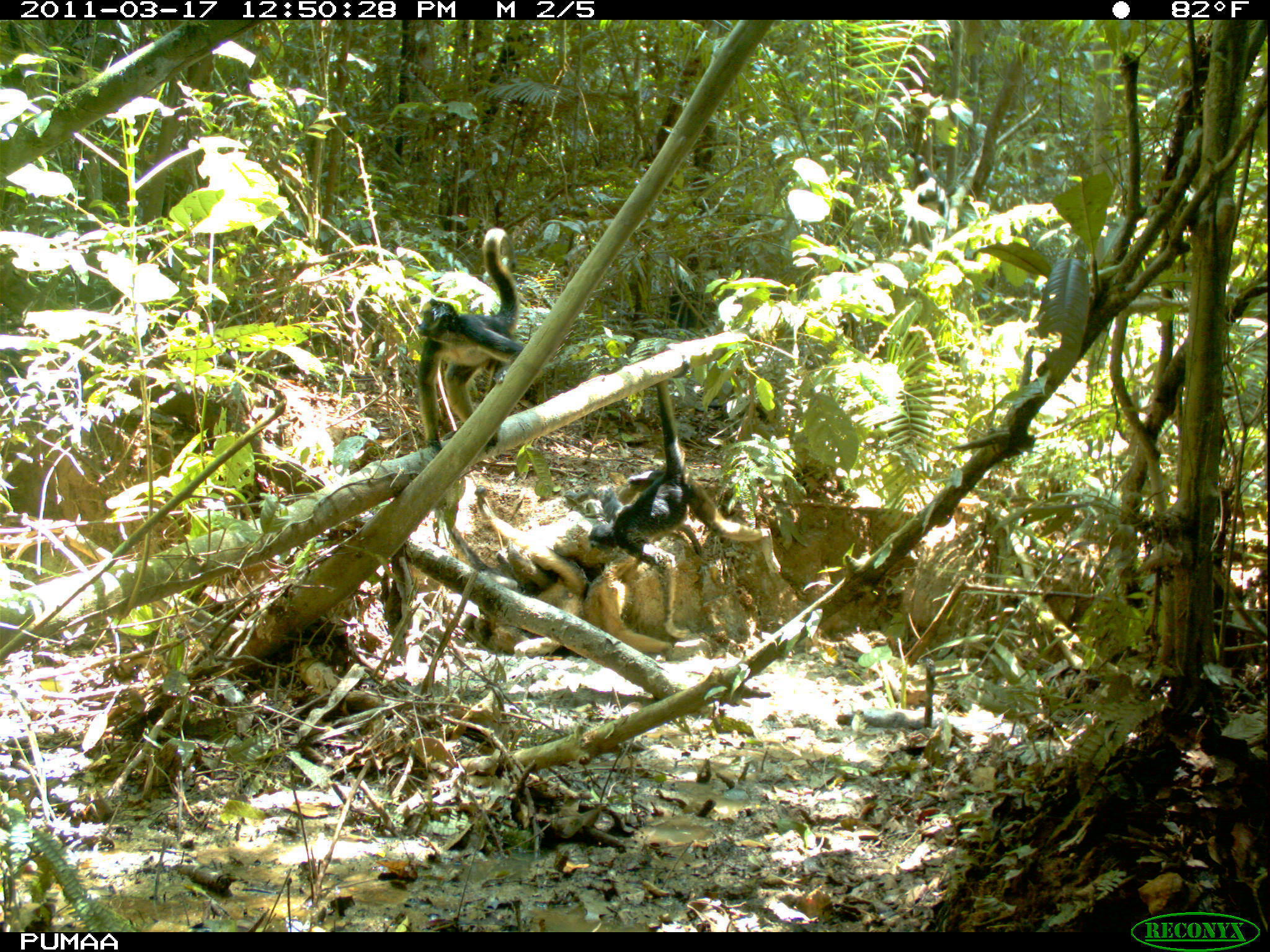
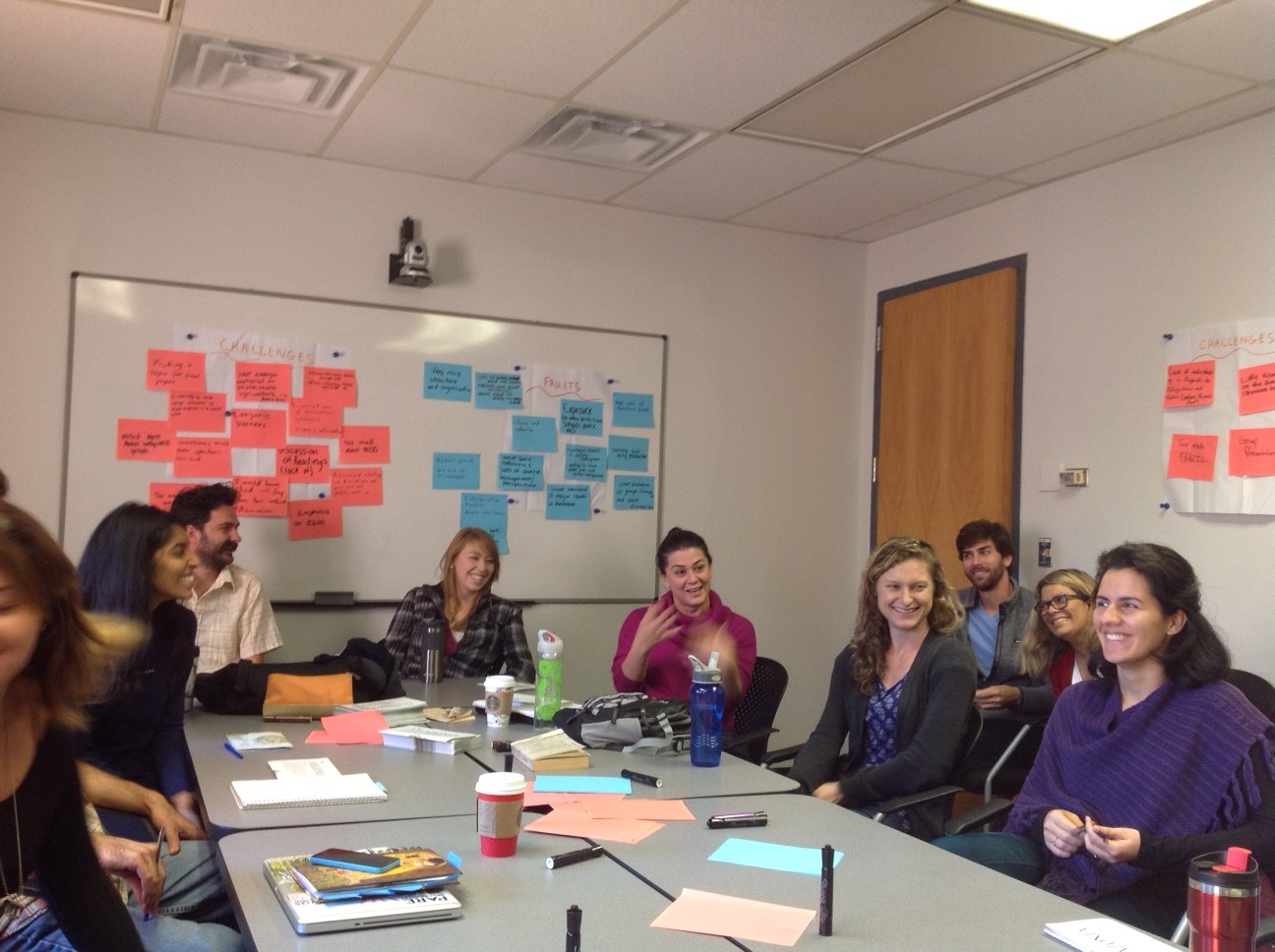
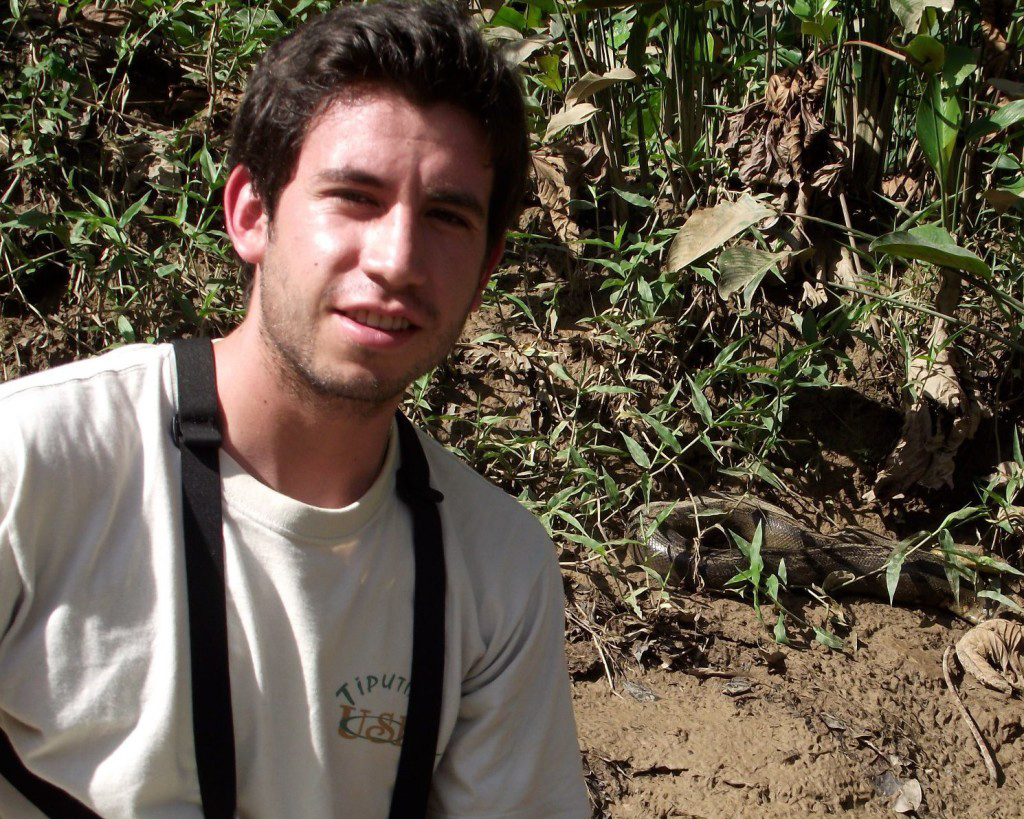
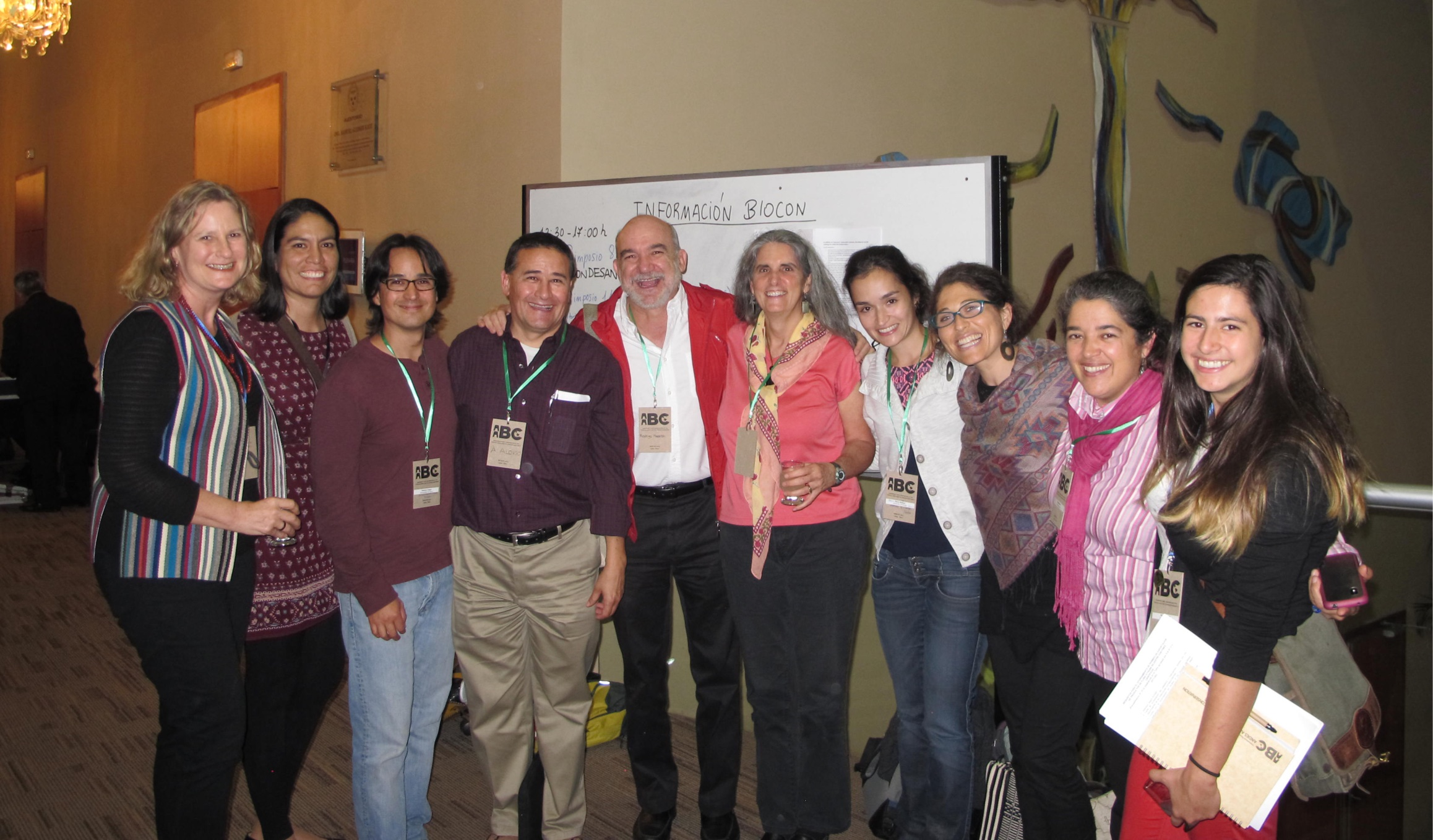
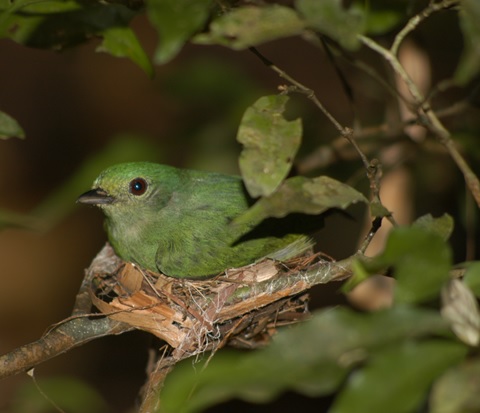
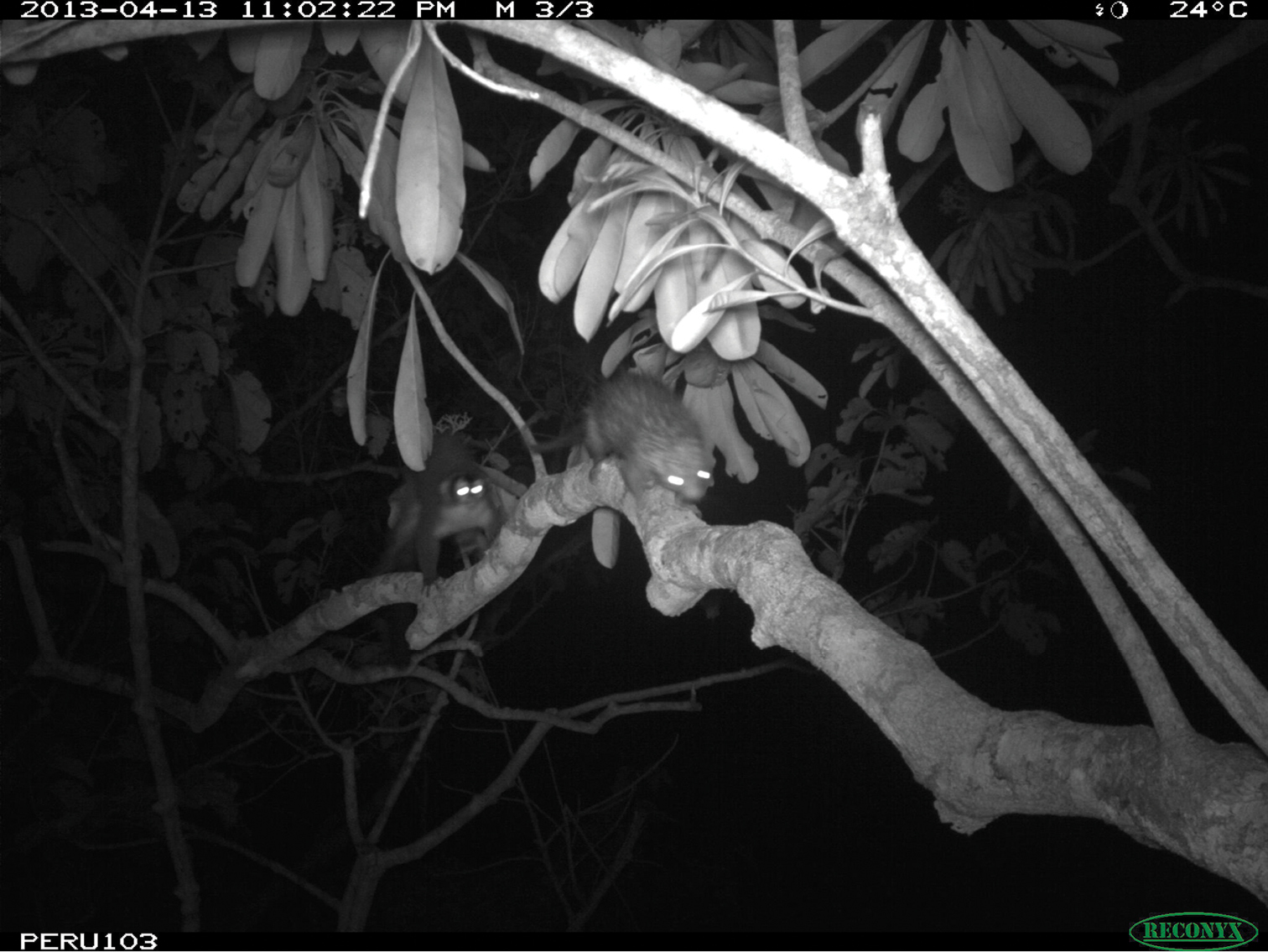
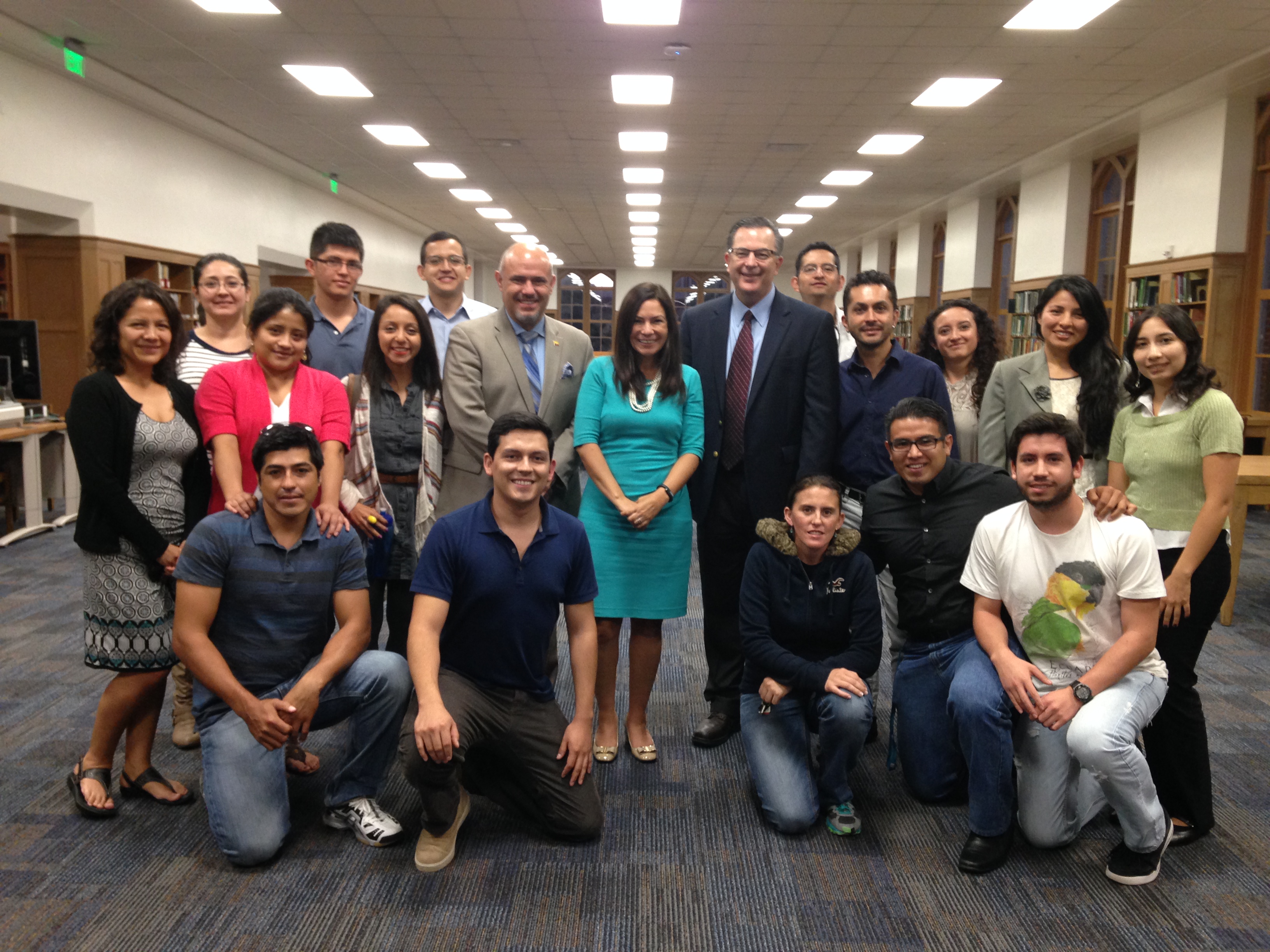






Recent Comments